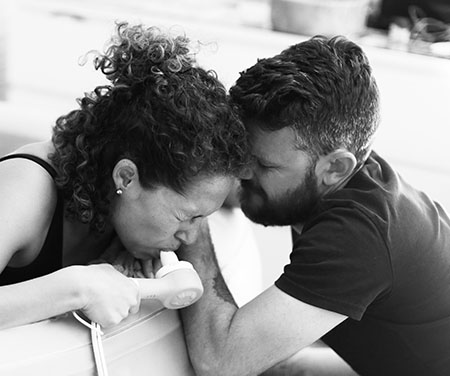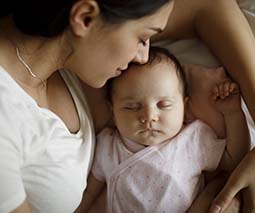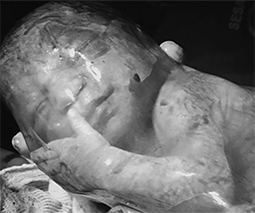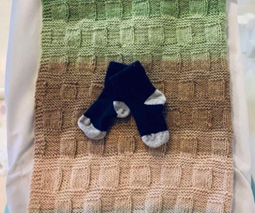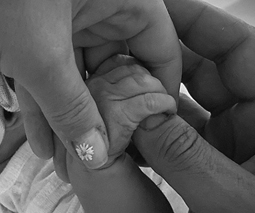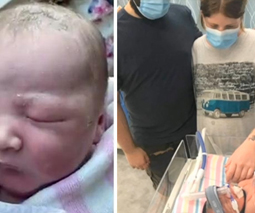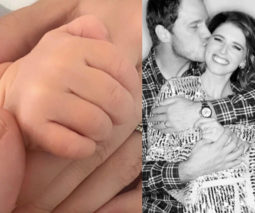Chinese tradition of confinement for new mums becoming big business
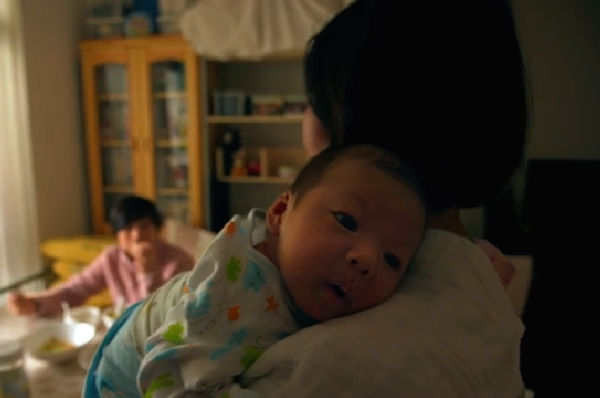
There are some incredible post-birth traditions upheld by cultures around the world – and China has one of the strictest, with the aim of ensuring a mother’s and baby’s future health. New mums are traditionally ‘confined’ for around a month, and while the role of their carer would usually be undertaken by family members, there’s now big business in the luxury outsourcing of care-giving.
We recently explored the issue of Australian private hospitals using incentives to entice mothers to leave hospital earlier after giving birth. Chinese tradition turns this notion on its head, instead offering an incredible amount of assistance to have new mothers cared for either at home or in a specialised hospital setting for the first month after birth.
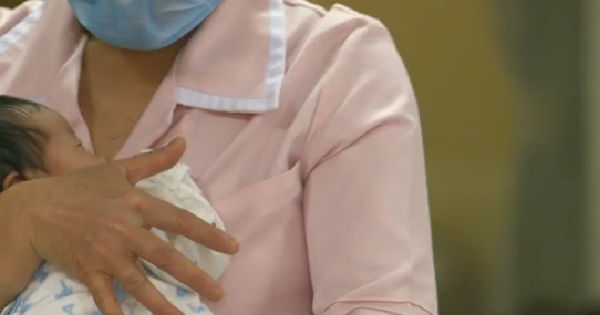
Al Jazeera has highlighted the issue in a documentary titled China’s Supermums, which explores the tradition of zuoyuezi, or “sitting the month”. New mothers are expected to spend a month behind closed doors, where they are waited on hand and foot. In the modern era the confinement period has turned into a lucrative business, with the creation of hospitals to specifically look after new mums, and ‘confinement ladies’ who live-in with mums for the first few weeks.
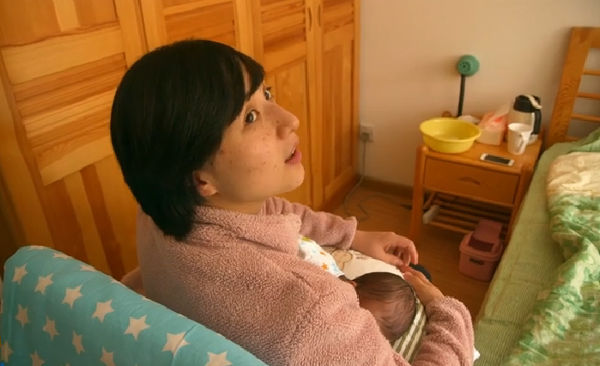
The 101 East series visits new mum, Zhang Shasha during her period of confinement. Her confinement lady Wen Xiaowei prepares all of her meals, and looks after her newborn. Special meals are prepared to aid in vitality and night feeds are taken care of by Ms Wen.
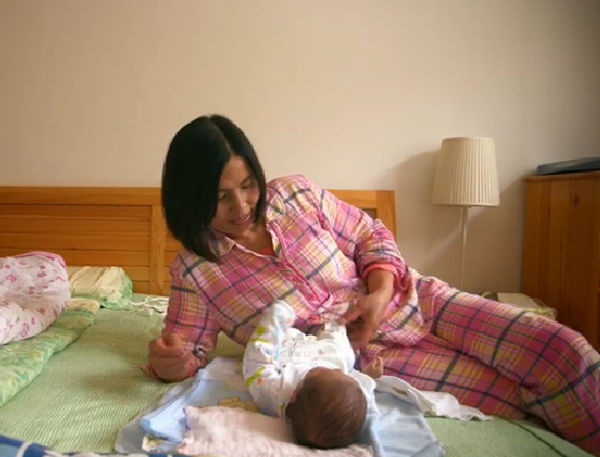
“New mothers, especially those who give birth naturally, shouldn’t touch or drink cold water. It will affect their health because it’s not good for digestion and it will be a burden on the kidneys,” Ms Wen says.
True confinement details that the mother shouldn’t shower, wash her hair or brush her teeth for the entire month, but Zhang Shasha only lasted for ten days.
“I think these rules are based on the living conditions of the old days. In the past in China when it was cold there was no heating or hot water and a new mother was weak, so she might get sick if she took a bath or washed her hair,” she says in the documentary.
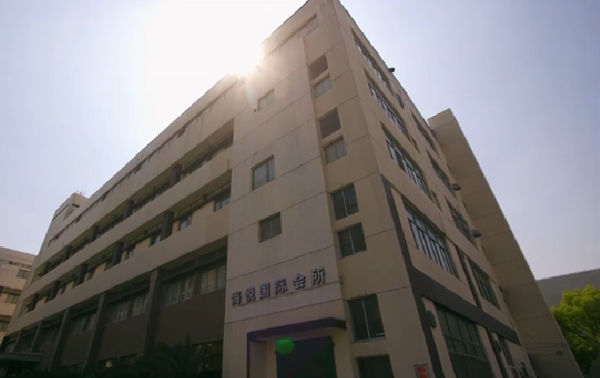
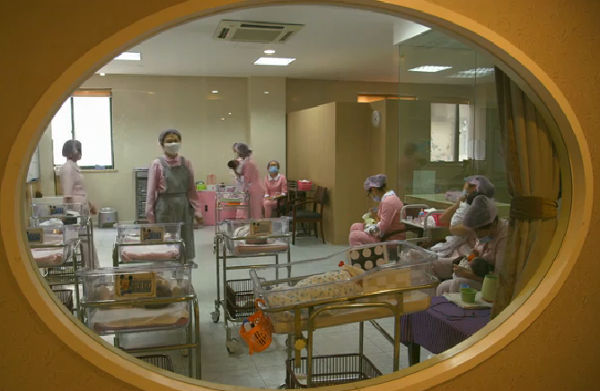
Ms Wen is paid around US$2600 a month, and according to the documentary this is two and a half times the average salary in Beijing. But that’s just the tip of the iceberg, with parents forking out up to US$8500 a month to stay at facilities like the Cheerful Postnatal Care Centre.
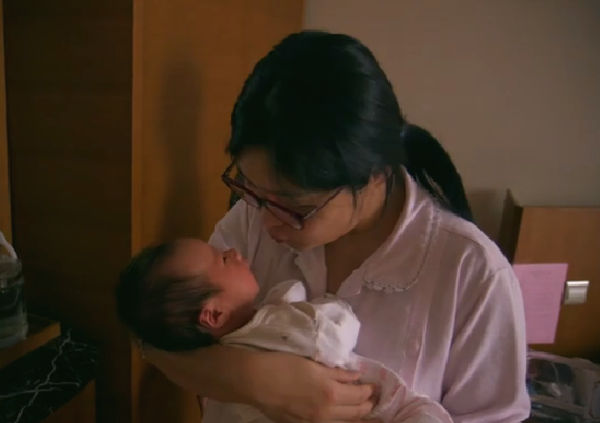
Tracy Chen and Ryan Cao also feature in the documentary, while they’re in the midst of their stay at the centre. The benefits include round-the-clock care for the baby, and mother. Incredible meal plans are also available, starting at around US$4500 a month.
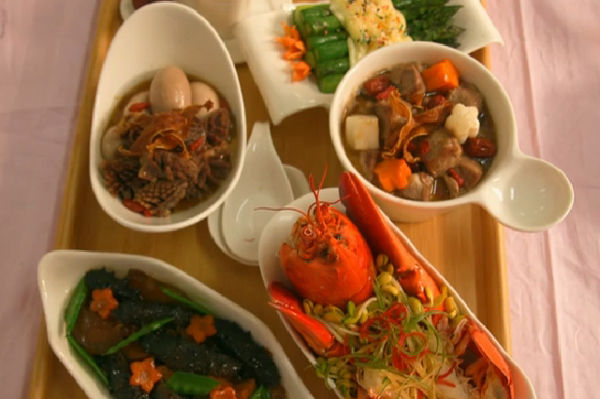
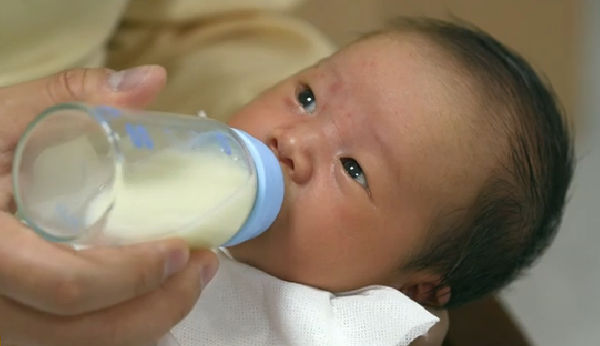
In the final weeks or so, mothers have a ‘hand-over’ period of sorts, where they are encouraged to be more hands-on with their baby as they prepare to head home.
“Eventually you have to take responsibility yourself. You can’t live here forever. I wish I could, though!” says Tracy.
What cultural traditions did your family uphold after the birth of your children?
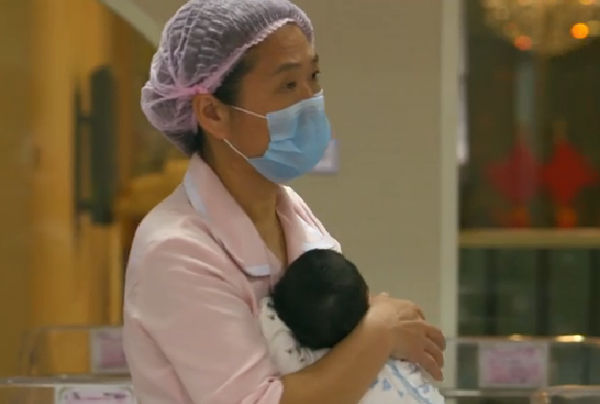
(via Al Jazeera, all images via the 101 East documentary)
